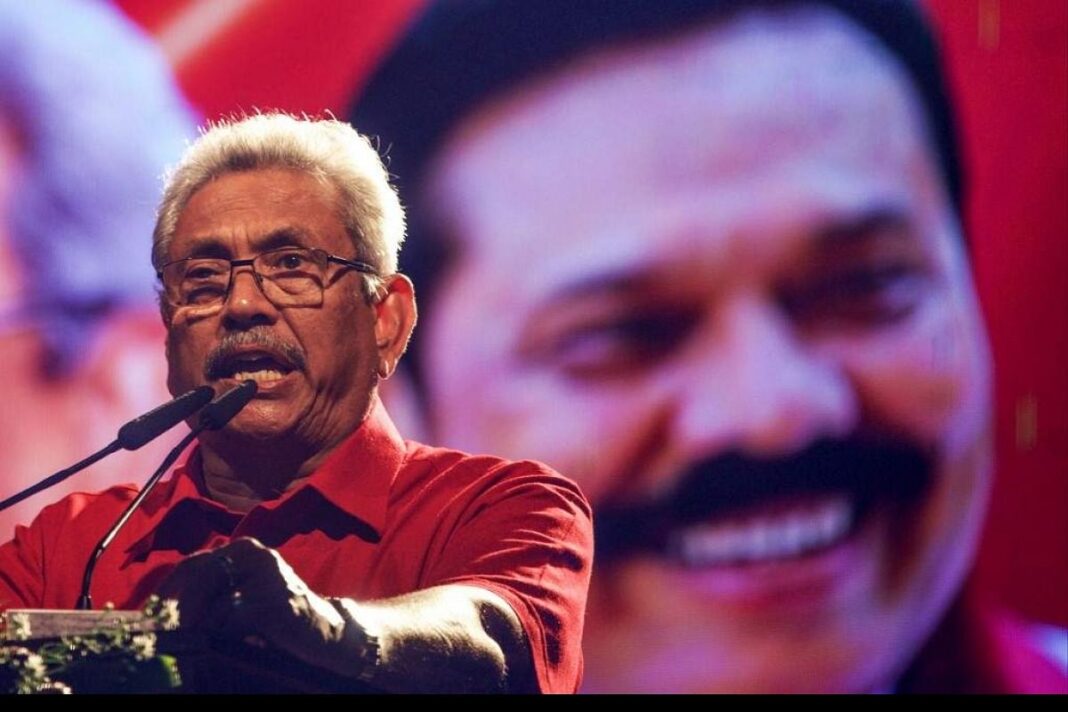Image: During the recent past, our experience has been that every President we brought in was more corrupt, inefficient and incompetent than the his or her predecessor says Wijedasa Rajapaksa.
In a letter to PM Rajapaksa SLPP Colombo District lawmaker, Dr. Wijeyadasa Rajapakse, PC, has called for the transferring of executive powers of the President to the Cabinet of Ministers by way of an urgent constitutional reform to make the President answerable to Parliament and the people.
“During the recent past, our experience has been that every President we brought in was more corrupt, inefficient and incompetent than the his or her predecessor. Now, the people hate all politicians and have no confidence at all in the incumbent rulers. The basic norms and principles of democracy have steeply deteriorated. Unless we make a concerted effort to restore our lost glory in economy and democracy, disregarding our race, language, religion, political ideology, etc., the country would head for anarchy, rendering everyone insecure. If we have to get out of this quagmire, people must give up their subjugation to their deceptive political leaders and parties.
Enactment of the 21st Amendment to the Constitution to achieve the following objects on an urgent basis:
1. Executive powers vested in the Presidency shall be transferred to the Cabinet of Ministers to ensure that the exercise of executive power is monitored by the Parliament.
2. A new President to be elected from and among members of the Parliament forthwith. The Office of the Incumbent President shall cease to be with such election.
3. The new President is empowered to appoint a new Prime Minister who commands the majority of the Parliament by having consensual dialogue with members of Parliament.
4. An Interim Cabinet to be established consisting of Members of Parliament representing all political parties in Parliament.
5. The Interim Government shall continue until the term of the Parliament expires or the Parliament is dissolved otherwise and till the next Cabinet of Ministers is established.
6. The Interim Government shall formulate a short-term and a long-term policy for the restoration of the economy and to protect and promote democratic principles.
7. By way of short-term solutions to the economic crisis, the government shall negotiate with stakeholders through international monetary agencies to reschedule debt services and arrange for funds for essential needs of the people.
8. To appoint competent persons to manage all governmental institutions to ensure the full productivity of the national economy.
9. Reintroduce the price controls on essential items such as food and fertiliser and to ensure the production and supply of essential items and the market.
10. Import substantial amounts of quality fertiliser for paddy, vegetable, tea, and other cultivations.
11. To initiate a programme to reacquire divested national resources through dialogue as well as legal reforms.”
